CHURCH PARTNERSHIP
Tsega Kale Heywet ChurchThrough the Home Based Care program, this church will help meet the physical, mental, emotional, and spiritual needs of 20 families caring for orphaned and vulnerable children.
Addis Ababa, Ethiopia
Tsega Kale Heywet CHURCH
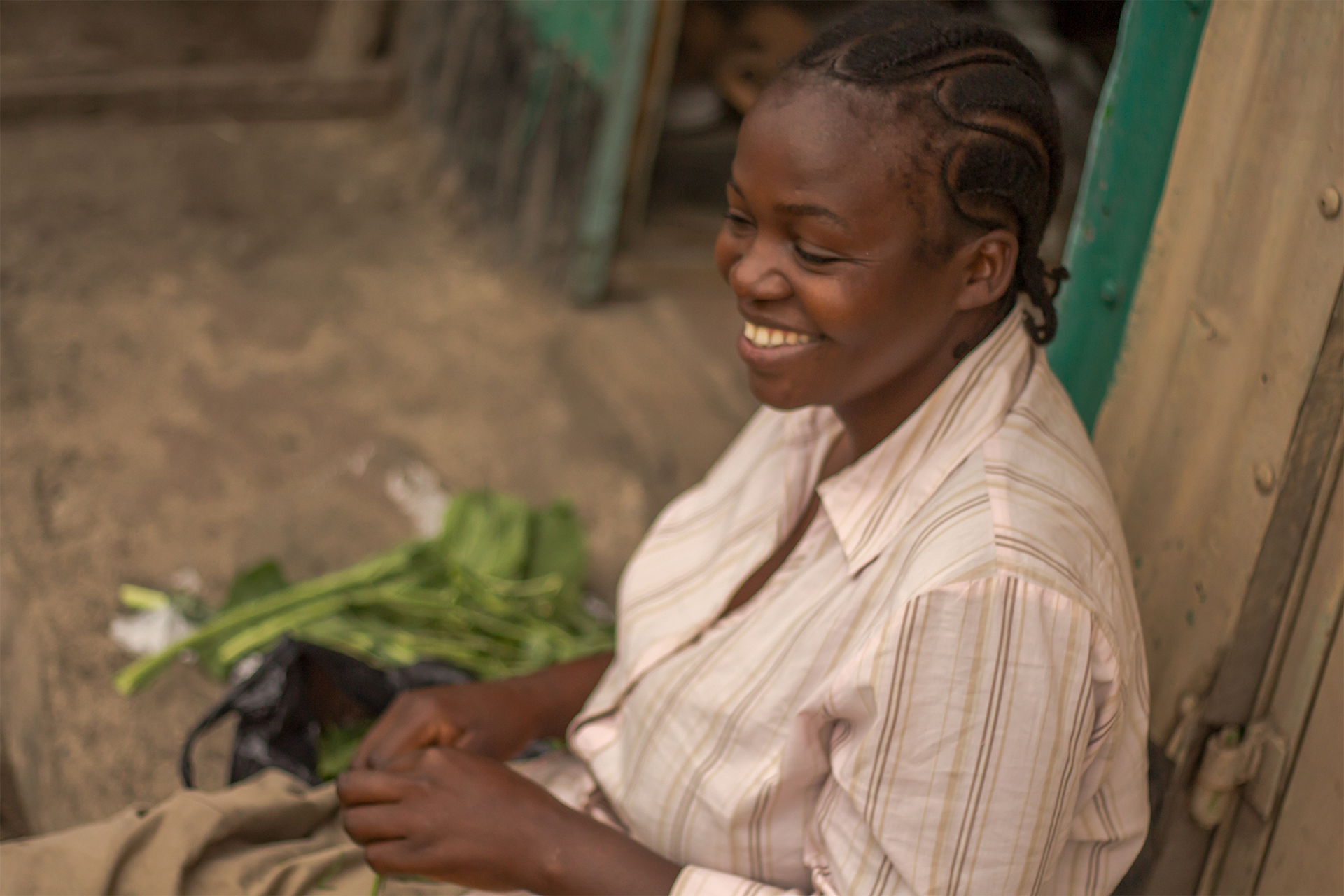
AbOUT THE CHURCH
Tsega Kale Heywet church was founded in 1972 by six people at a school compound, Grace Christian Academy in the center of Addis Ababa. Though the number of believers at the time was very few, they spread the Gospel in the school and community. But the church was forced to close by former Ethiopian military junta, dispersing the number of believers. The church leaders at the time used home cell groups and other special events to keep the congregation and members connected. This diligence and perseverance of the leaders helped to keep the church together through the hardship. Though the church did not get the school compound back after the fall of the military government, it was reopened a few blocks away from the school with its original name “Grace Kale Heywet Church.” The church further stretched its ministry for its members by opening a Bible college in 1992. Students join for certificates and diplomas in the church college.
Now the members are more than 300. Three full time pastors, children and youth ministry, and women’s ministry serve the members in spiritual and administrative work. The church reaches out to the local community with different religious backgrounds like Muslim, Orthodox, Catholics, and evangelical Christians. There is one department in the church named Pineal. The role of this ministry is to mobilize, motivate and encourage members to support children, elderly people, and women who are very poor in the community. The women’s ministry has a special ministry for people who are in prison, supplying them with different items and visiting them. The church is always looking for new ways to minister and reach out to the community.
Leadership
The main pastor of the church is Pastor Wondemagen Biro. He served in the church for the last 20 years. It’s been eight years since he became the spiritual department head. He is married and a father of one. The church is led by a board of seven elders. They make all the administrative and spiritual decisions of the church.
Home Based Care
Program Overview
The Goal
The goal of the Home Based Care (HBC) program is to equip, inspire, and mobilize churches to build relationships with at-risk families within their communities. Relationships grow through frequent visits to families in their homes to offer prayer, biblical training, counseling, and overall encouragement. To empower this wholistic approach to orphan care, World Orphans and US churches connect with Ethiopian churches to provide Gospel-centered training and funding.
Funding
Funding for the HBC program comes from a combination of church partnerships and fundraising campaigns. This funding ensures that these children receive the following:
Food
Meals served with the families and at school on a daily basis
Medical Care
Access to medical services and monitoring for specific health needs
Education
Assistance with school fees, school supplies, and tutoring
Emotional Care
Counseling and mentoring through relationships with church members
Spiritual Care
Fellowship, prayer, discipleship, and encouragment
How it Works
Vulnerable Children Identified
ChilD Selection Process
The HBC committee works to identify 20 orphaned or vulnerable children in the community who are in the greatest need. From there, they meet with the caregivers to determine if the family is a good fit for the program. The due diligence process includes completing a Child Intake Form, informing World Orphans about each child in the selection process, discovering the family/caregiver history, and providing reasons for the program selection.
Home VisitS Per Family Each YEAR
Home Visits
Each family in the program receives at least one monthly home visit from the HBC committee. These visits ensure each child is receiving proper care and meeting pre-determined milestones in his/her development. Families and children receive encouragement, discipleship, life skills training, financial support, and prayer during these visits.
Impact reports each year on church, child, and community
Program Accountability
With long-term care of each child as our goal, World Orphans is serious about ongoing accountability. World Orphans staff members frequently communicate with the Ethiopian pastors and HBC committee to monitor and assess each child and the overall structure of the program. The pastors are required to provide monthly financial reports on how funds were apportioned, as well as quarterly reports assessing the overall HBC program as it relates to the impact on the church, the children, and the community.
Economic Empowerment
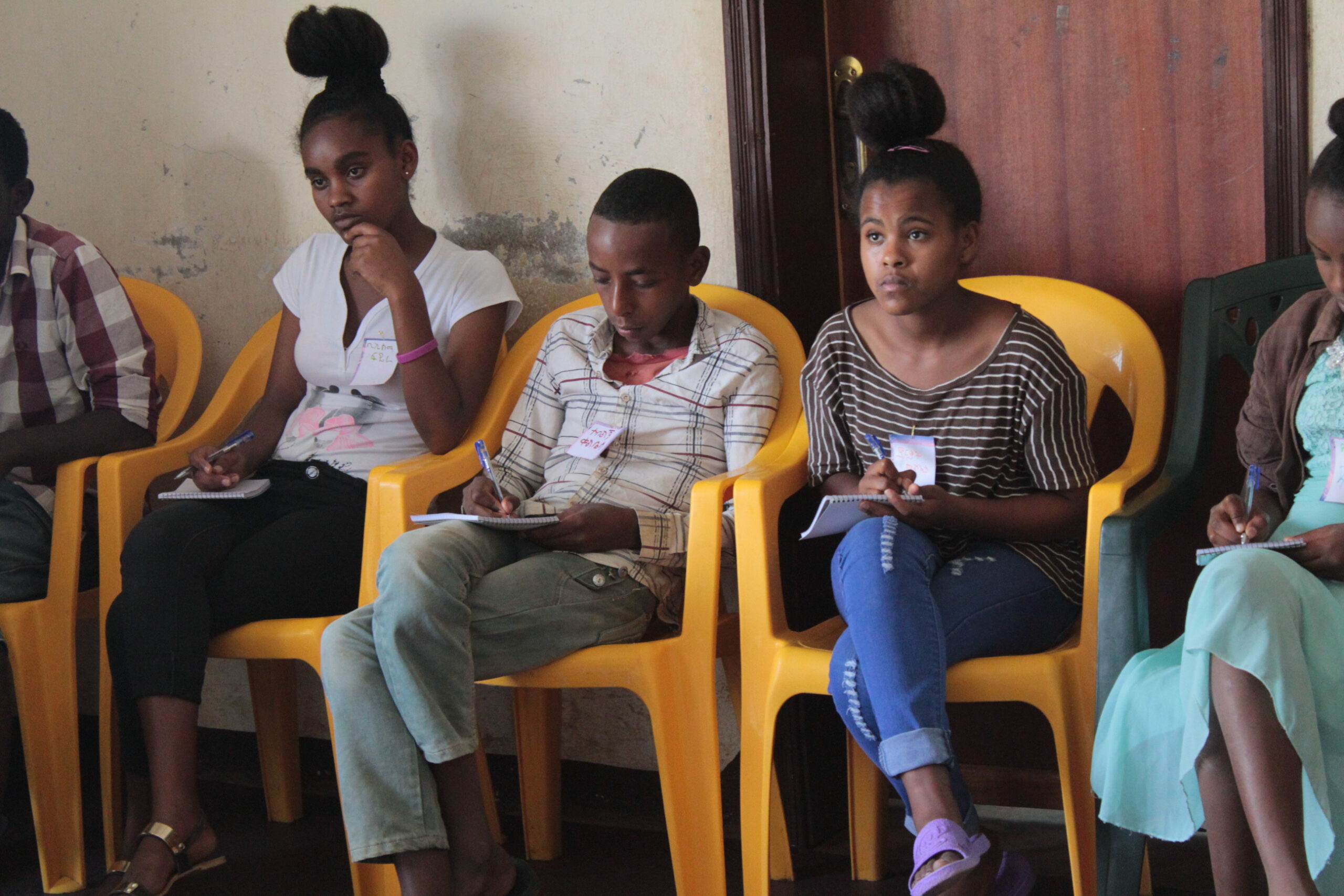
Savings Groups
All of our caregivers from our churches are participating in savings groups that give them the ability to save money monthly, despite their inability to access formal financial institutions as individuals.
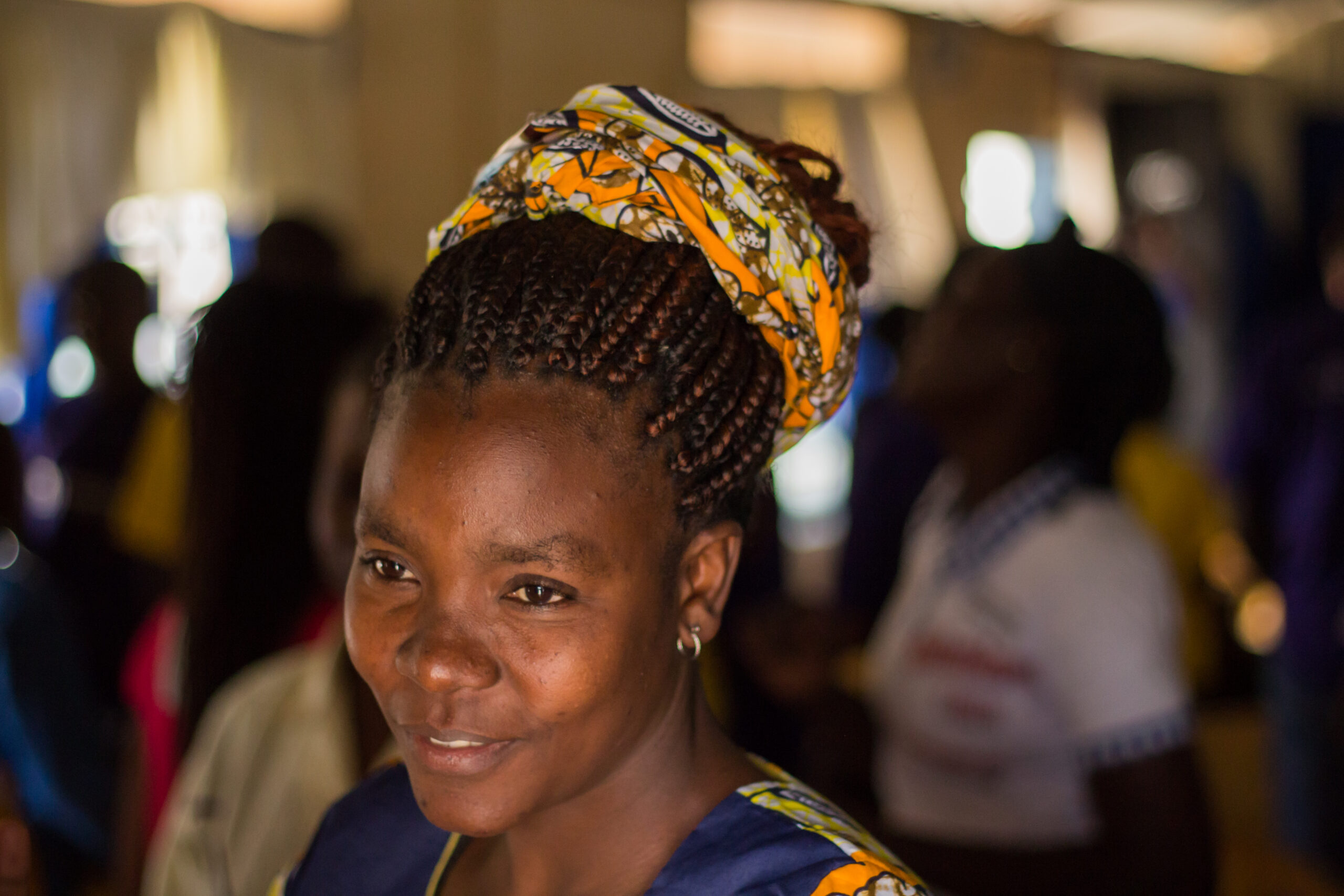
Microloans
Eligible caregivers receive rounds of small microloans to start or expand their businesses.
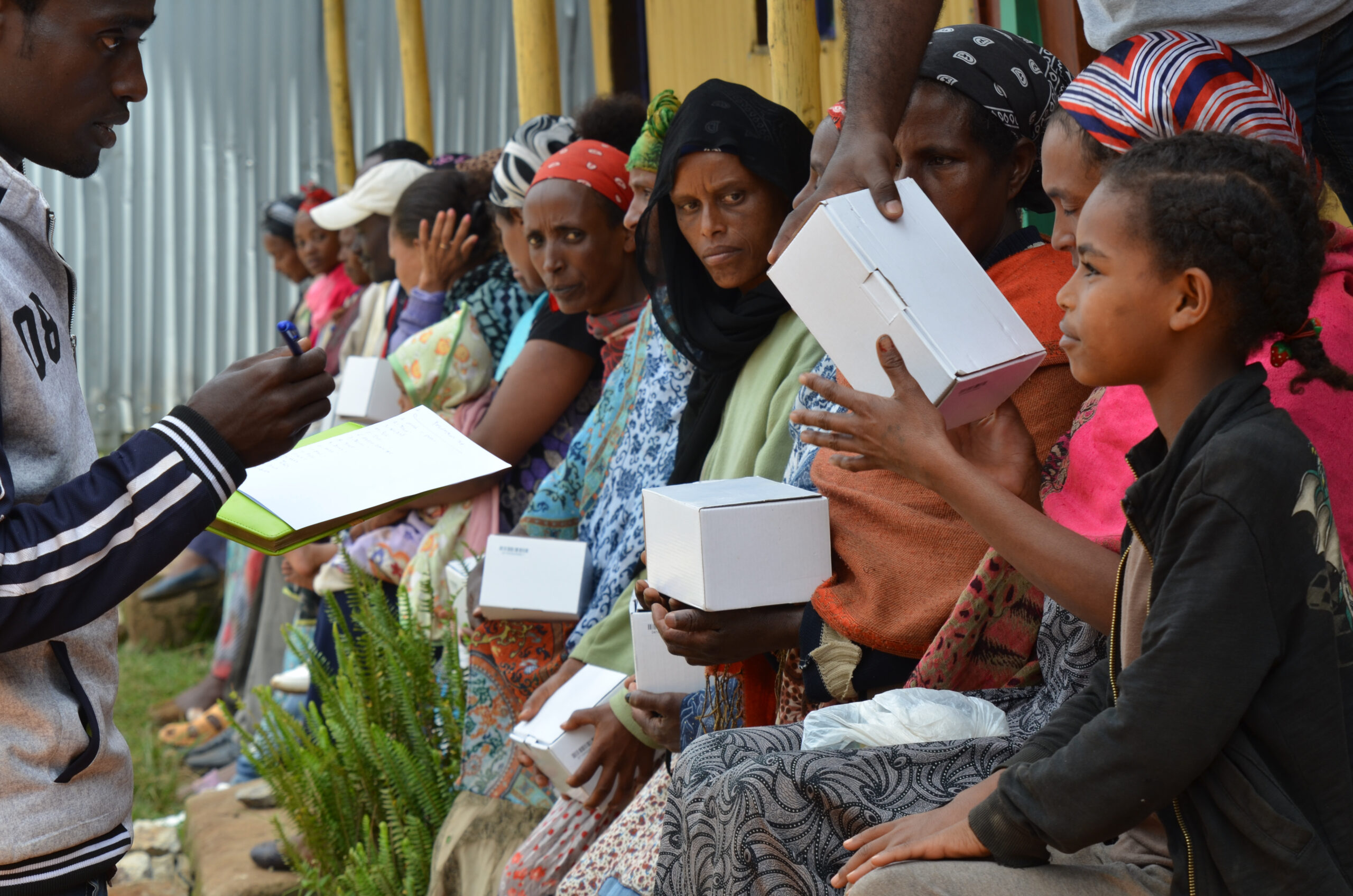
Literacy Programs and Empowerment Packs
Packs of supplies for literacy, education, basic first aid/hygiene, feminine hygiene, and nutrition are distributed at training seminars to the churches and families involved in our program.
Partner with Tsega Kale Heywet Church
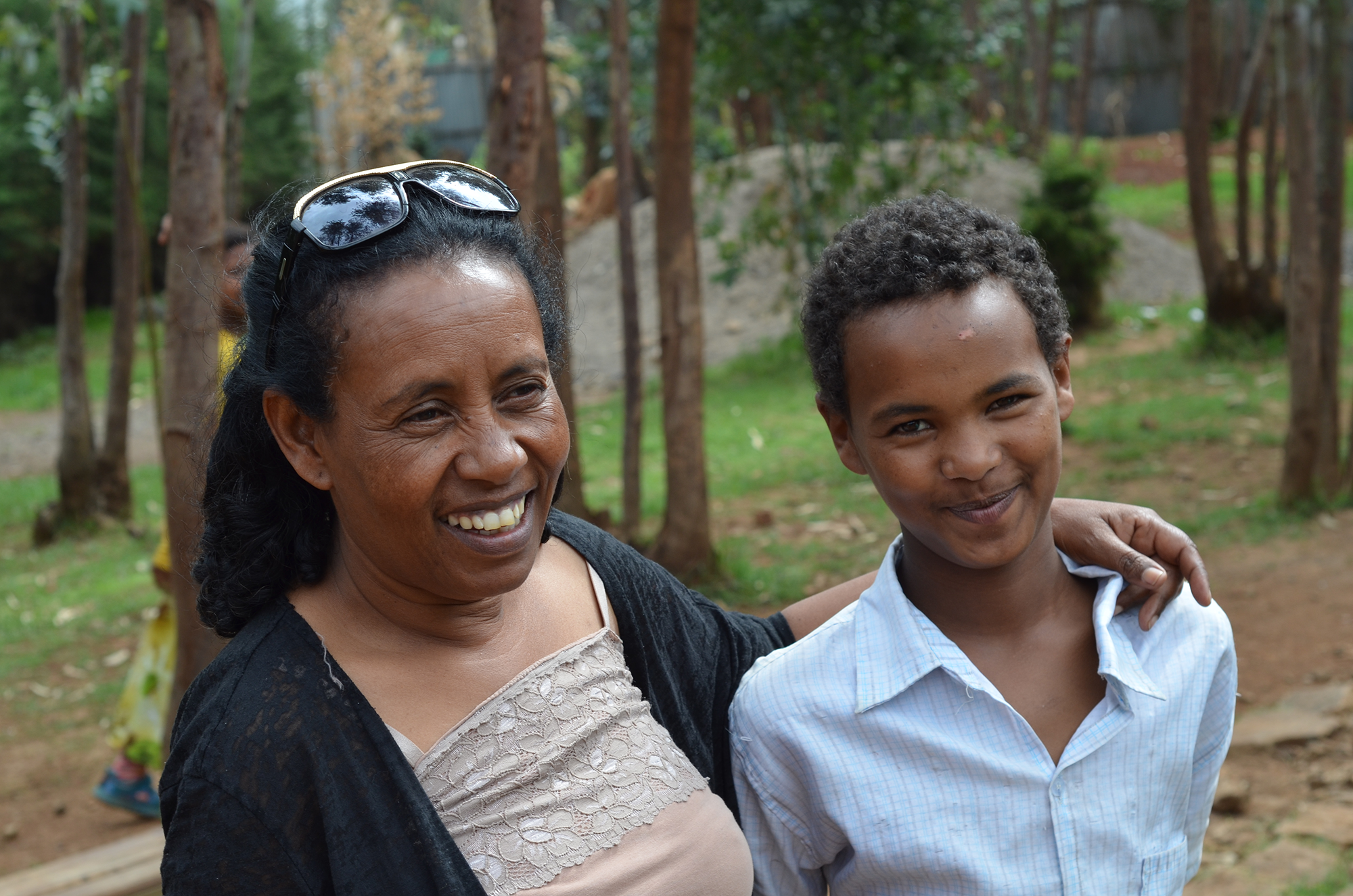
Why Church Partnership?
Most children living in orphanages have at least one living parent. Working together, we help keep families together, strengthen them, and help them toward independence.
